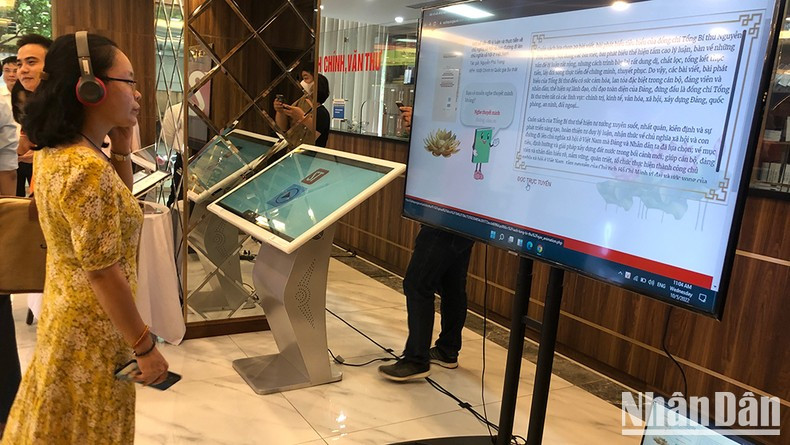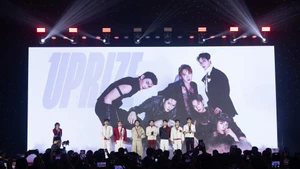E-books have become increasingly popular among young people due to their convenience, portability, and ability to be read in any setting. They are considered a practical alternative to traditional reading habits. This is seen as a positive signal in an era where readers, especially young ones, are increasingly drawn to a wide variety of modern entertainment formats.
Statistics from Waka reveal a more active reading culture among Vietnamese readers, who are now reading more, and doing so in smarter, more modern ways. With an average weekly reading time of 13 hours and 15 minutes, Vietnamese readers have surpassed those in traditionally strong reading nations such as India (10 hours 42 minutes), Thailand (9 hours 24 minutes), and China (8 hours). Notably, it is the youth, especially those aged 18–24, who are at the forefront of this shift.
Specifically, 51% of Waka users are between the ages of 18–24, followed by the 25–34 age group at 39%. Those aged 35 and older make up only 10%, highlighting that Gen Z and Millennials (aged 25–38) are the driving force behind the revitalisation of reading culture, both in printed and digital formats.
 |
| Readers enjoy audiobooks. |
Digital reading not only offers portability and convenience, with countless titles available on a single device, but also significant cost savings. According to Waka’s data, the average user reads three books per week, or 12–15 books per month. Buying printed books would amount to about 1,800,000 VND annually. In contrast, with Waka’s all-inclusive subscription, readers can access a diverse library for the price of just one bubble tea per month.
Moreover, 65% of Waka readers spend more than five hours a week reading, with the majority choosing to read on mobile phones, an accessible, space-saving, and flexible option that fits seamlessly into any lifestyle.
Waka's content statistics also show that literature, soft skills, and parenting are the top areas of interest among readers.
Of these, literature is the most popular genre, accounting for 28% of reading, particularly romantic fiction, psychological novels, and light-hearted entertainment reads.
Soft skills come in second at 21%, reflecting a strong desire among young readers to pursue personal development. Parenting books represent 15% of total reads, mainly from female readers aged 25–34.
Topics such as business and investment (14%), children’s books (8%), and science and technology (4%) also make the top list, showing that readers turn to e-books not just for leisure and storytelling, but also for practical knowledge that supports their education, careers, and family life.
Waka’s data shows that 87% of its users are currently based in Vietnam, while the platform is also expanding internationally among Vietnamese communities in the US (3%), as well as in Japan, South Korea, Australia, and Canada. Regionally within Vietnam, 43% of readers are from the South, 37% are from the North, and 20% are from the Central region.
Interestingly, 59% of Waka readers are women, with an especially high percentage (70%) in the 18–24 age group. This highlights the crucial role women are playing in shaping and promoting a digital reading culture today.
Since 2014, Waka has been encouraging people to dedicate just 48 minutes per week to reading. A decade later, this figure has increased nearly twelvefold to 9 hours and 44 minutes, a remarkable achievement in the context that content consumption habits have been changing rapidly due to technology.
As Vietnam approaches the Vietnam Book and Reading Culture Day, these statistics offer an encouraging sign in the ongoing journey to promote reading culture, a path full of challenges but one that yields lasting rewards.
















